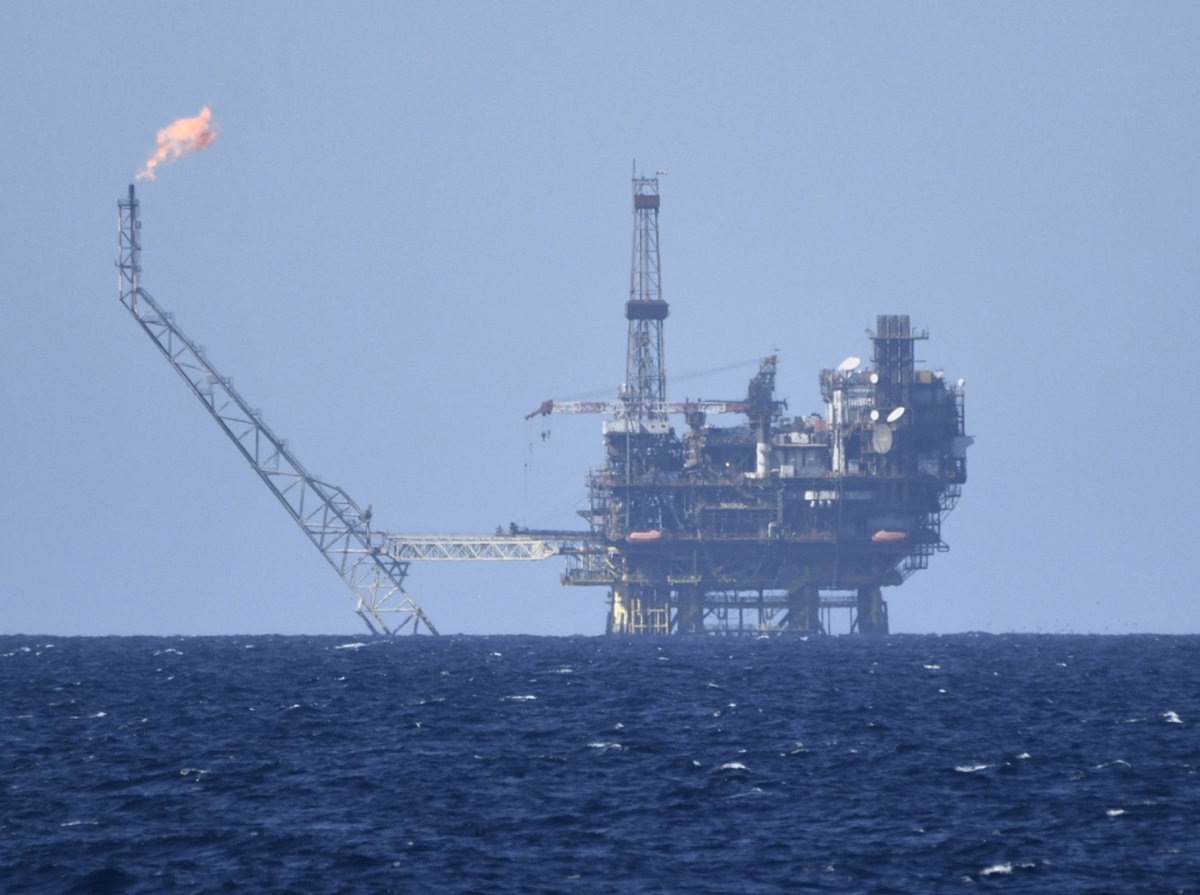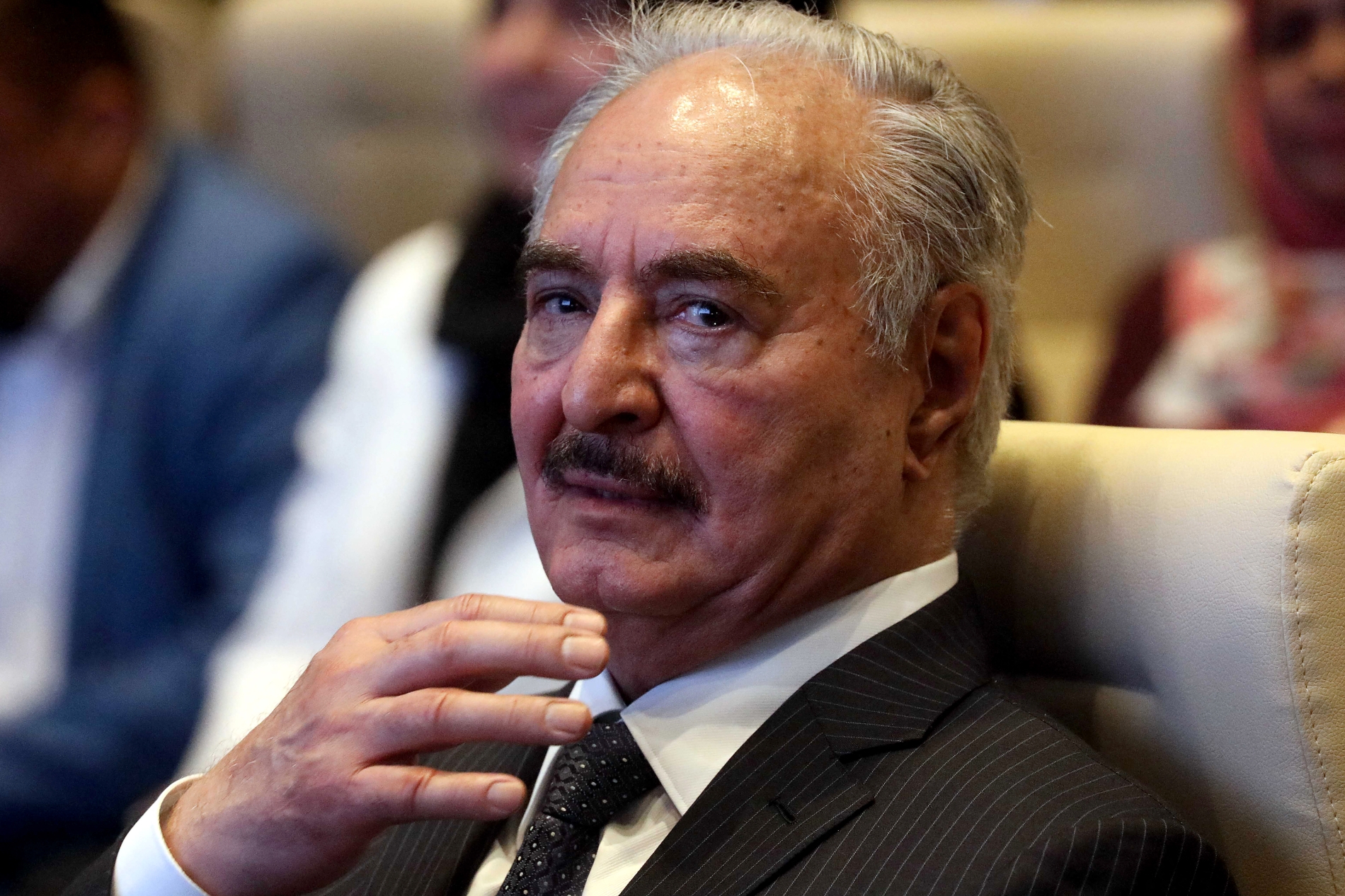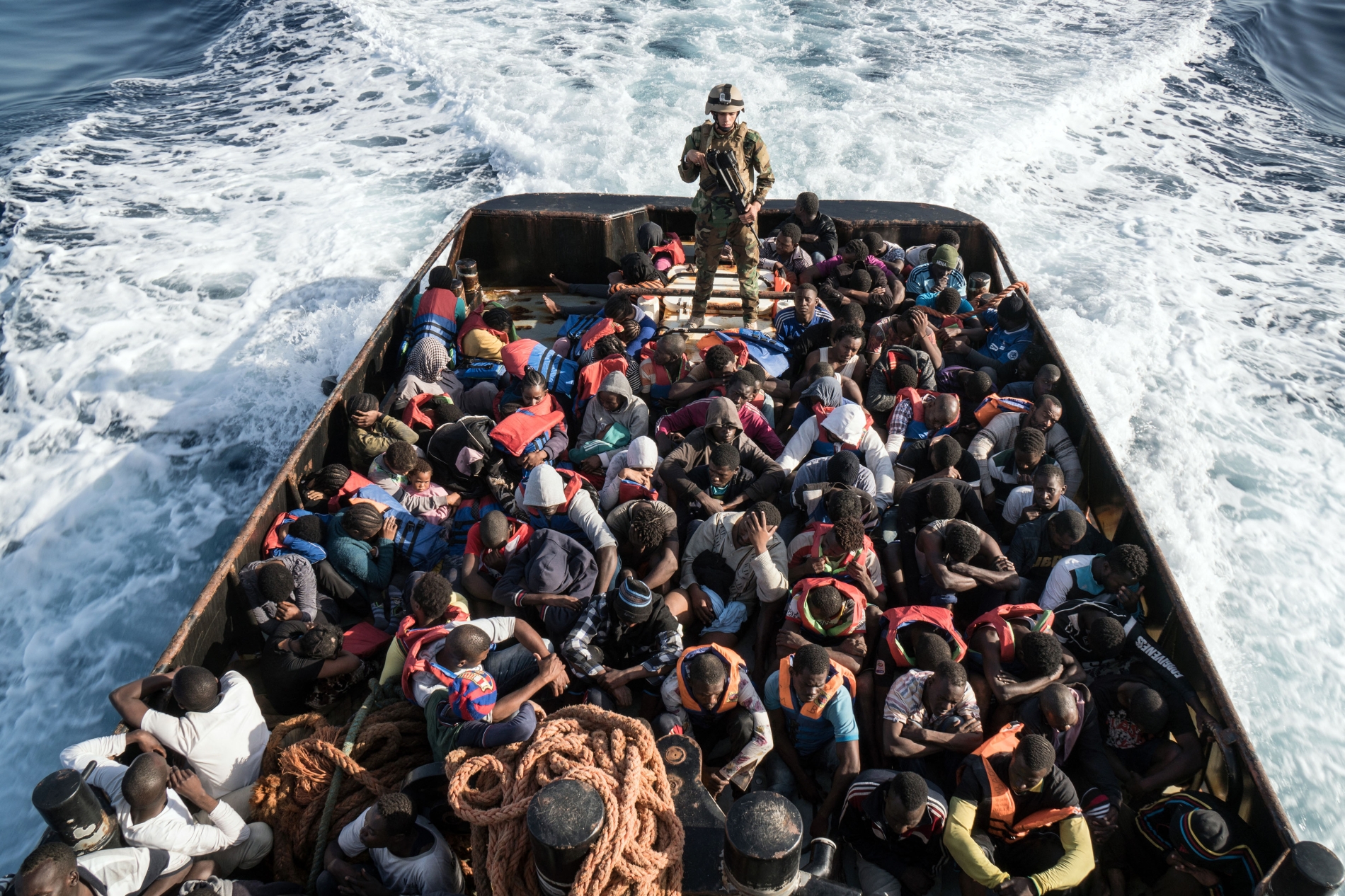After the downfall of Libya’s long-time ruler Muammar Gaddafi in 2011, the nation drifted into a civil war between the Tripoli-based Government of National Accord (GNA), in the west, and the Tobruk-based Libyan National Army (LNA) and the House of Representatives in the east. Türkiye stood with Tripoli, saving the GNA from collapse under attack from the LNA, which also had foreign support.
A ceasefire and a process of reconciliation followed. The reconciliation has not yet led to the hoped-for results—Libya is still divided between the two power bases in the east and the west—but the ceasefire held. Yet given that the countries’ two main actors remained reliant on external support (both military and diplomatic), that ceasefire always looked shaky, disagreements between foreign sponsors causing palpitations.
Recently, tensions involving Türkiye, Greece, Egypt, and the European Union have resurfaced in the Eastern Mediterranean over the maritime agreement signed between Tripoli and Ankara in 2019. The trigger for the furore was the possibility that Tobruk may ratify it, raising alarm bells in Athens and elsewhere.
Marking out zones
The agreement delineates maritime boundaries between Libya and Türkiye, drawing the western border of Türkiye’s continental shelf and exclusive economic zone (EEZ). In the Eastern Mediterranean, there are no borders defined by international law; instead, they are drawn by agreements, with countries typically making compromises. Other maritime agreements have been signed between Egypt, Greece, Cyprus and Israel. Problems arise when the areas and boundaries defined in different agreements overlap.
Greece, Cyprus, Egypt, and the House of Representatives in Tobruk declared the Tripoli-Ankara 2019 agreement illegitimate, but while Türkiye continues to enjoy strong ties with Tripoli, it has also recently been improving its relations with Tobruk and its leader Khalifa Haftar, whose son Saddam commands the LNA’s land forces. Saddam, together with other commanders and Speaker of the House of Representatives, Akile Salih, have even made official visits to Ankara.













